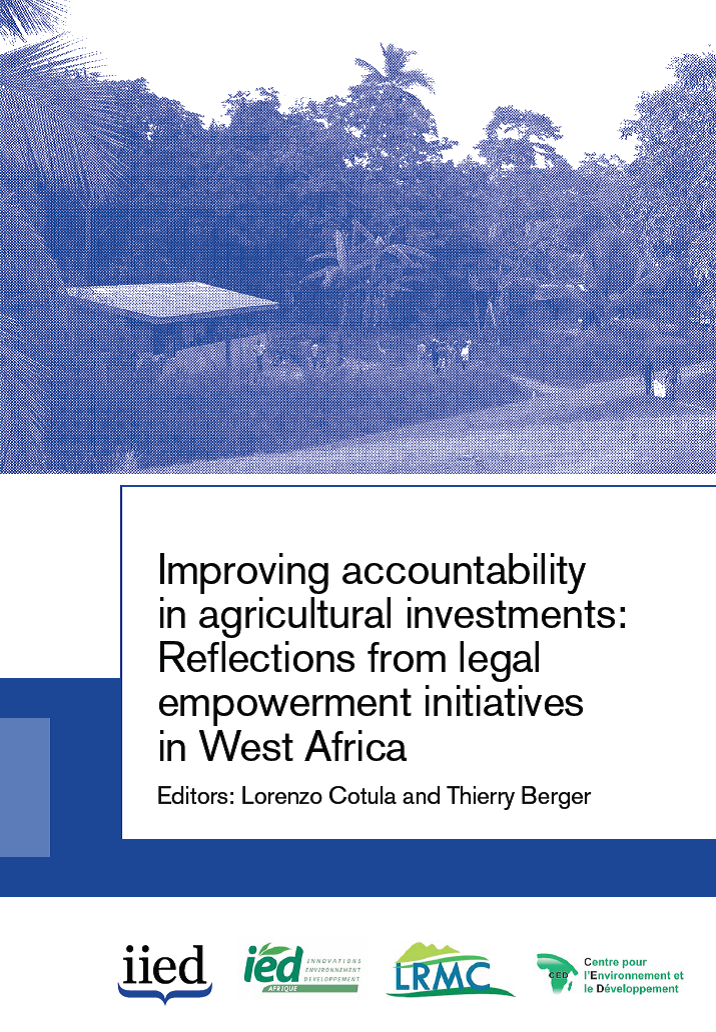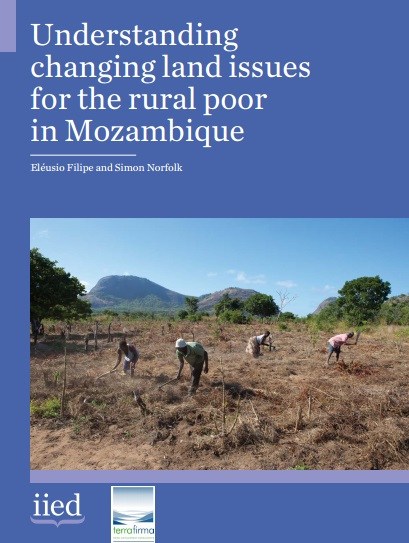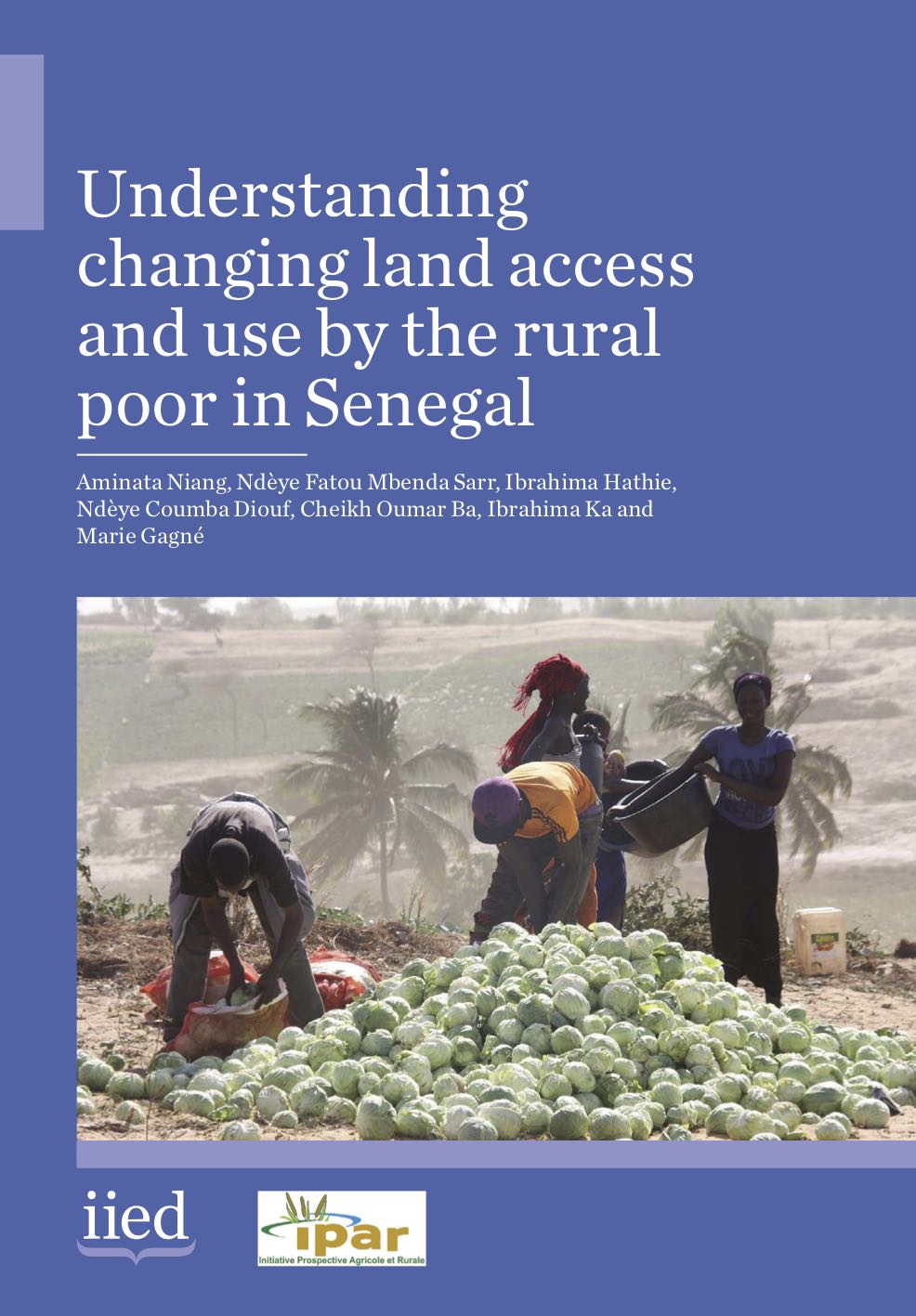Focal point
Location
Mission
Our mission is to build a fairer, more sustainable world, using evidence, action and influence in partnership with others.
Who we are
IIED is one of the world’s most influential international development and environment policy research organisations. Founded in 1971 by economist Barbara Ward, who forged the concept and cause of sustainable development, we work with partners on five continents. We build bridges between policy and practice, rich and poor communities, the government and private sector, and across diverse interest groups. We contribute to many international policy processes and frameworks, including the Intergovernmental Panel on Climate Change, the Millennium Ecosystem Assessment and the UN conventions on climate change and biological diversity.
What we do
IIED carries out research, advice and advocacy work. We carry out action research — generating robust evidence and know-how that is informed by a practical perspective acquired through hands-on research with grassroots partners — and we publish in journals and maintain high research standards. We advise government, business and development agencies, and we argue for changes in public policy. We focus on bottom-up solutions, stay open to flexible, adaptable solutions and are marked by a tradition of challenging conventional wisdom through original thinking.
Resources
Displaying 106 - 110 of 367Terres pastorales au Niger : les éleveurs face à la défense de leurs droits
Date: juin 2017
Source: Foncier & Développement
Par: Serge Aubague, Nasser Sani Baaré
Le Niger est probablement le pays sahélien disposant du corpus juridique et du dispositif institutionnel le plus élaboré pour prémunir les pasteurs contre l’accaparement des terres pastorales. Ceci ne suffit hélas pas à endiguer le phénomène.
Improving accountability in agricultural investments: Reflections from legal empowerment initiatives in West Africa
A recent surge in agribusiness plantation deals has increased pressures on land in many low- and middle-income countries. Rural people have mobilised to protect their rights, seek better terms or oppose the deals altogether. Since 2014, an initiative in Cameroon, Ghana and Senegal has worked to help people harness the law in order to have greater control over decisions that affect them – a process commonly referred to as legal empowerment.
Understanding changing land access and use by the rural poor in Ghana
Highlights the key drivers of pressure in Ghana on rural land and their communities, such as population growth, urbanisation and acquisition of land by new actors, including government and business. Draws on case study evidence from two communities: the Ahanta West District near Sekondi-Takoradi in the south, and the Savelugu-Nanton Municipal Authority around Tamale in the north.
Understanding changing land issues for the rural poor in Mozambique
In Mozambique, changes in land access and use are shaping new landscapes, often at the expense of the poor. Despite progressive land legislation, elite groups and vested interests are consolidating land holdings while peasant producers are being dispossessed of their land and access to fertile plots is becoming increasingly difficult.
Understanding changing land access and use by the rural poor in Senegal
Senegal currently has a complex and poorly regulated system of land governance, which — combined with an urbanisation trend and increasing outsider interest — is leading to land privatisation and a consequent reduction in the availability of cultivable land for small producers. Young farmers in particular are struggling to gain sufficient access to land to maintain viable enterprises.








